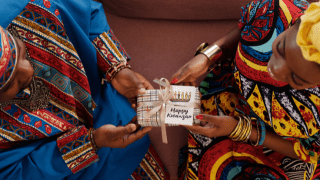As December winds down and the holiday spirit fills the air, many people prepare to celebrate Kwanzaa, a meaningful festival that honors African American heritage and culture. Celebrated from December 26 to January 1, Kwanzaa emphasizes unity, self-determination, collective work, responsibility, cooperative economics, purpose, creativity, and faith. With its rich traditions and modern adaptations, Kwanzaa provides a unique opportunity for families and communities to come together, reflect on their heritage, and foster a sense of belonging.
The Origins of Kwanzaa
Kwanzaa was created in 1966 by Dr. Maulana Karenga, a longtime activist and scholar, as a way to bring African Americans together during the holiday season. The name “Kwanzaa” is derived from the Swahili phrase “matunda ya kwanza,” which means “first fruits.” The celebration draws on various African traditions and customs, making it a rich tapestry of cultural significance.

Dr. Maulana Katanga
The Seven Principles of Kwanzaa
At the heart of Kwanzaa are the Seven Principles, known as the Nguzo Saba. Each day of the celebration focuses on one principle, providing an opportunity for reflection and discussion.
1. Umoja (Unity): Emphasizes the importance of togetherness in families and communities. Families gather to discuss how they can strengthen societal bonds.
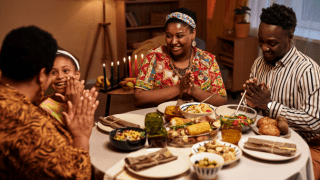
2. Kujichagulia (Self-Determination): Encourages individuals to define themselves and their communities, promoting self-awareness and pride.

3. Ujima (Collective Work and Responsibility): Focuses on building and maintaining the community. This can include volunteer efforts and local initiatives.

4. Ujamaa (Cooperative Economics): Encourages supporting Black-owned businesses to create economic viability within the community.

5. Nia (Purpose): Involves making our collective vocation the building and developing of the community, focusing on uplifting one another.

6. Kuumba (Creativity): Celebrates creativity in all its forms—art, music, and traditions—encouraging people to leave their communities more beautiful than they inherited it.
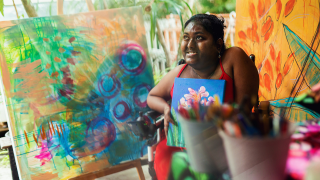
7. Imani (Faith): Emphasizes faith in the people, their leaders, and the righteousness of the struggle undertaken.
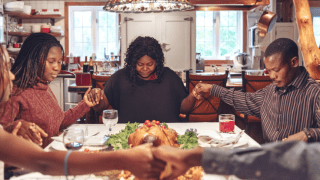
Traditional Practices
Kwanzaa is observed through various rituals and activities that bring families and communities together. One of the central elements is the Kwanzaa altar, or Karamu, created with various symbolic items:
– Mishumaa Saba (Seven Candles): These candles are placed in a holder called a Kinara. The candles are colored black, red, and green, representing the African flag and reflecting the principles of Kwanzaa.
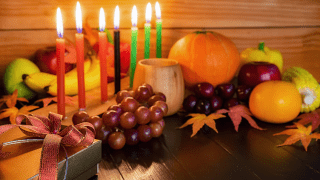
– Mkeka (Mat): A straw mat is used as the foundation for the display, symbolizing the foundation upon which African culture is built.

– Mazao (Fruits): Fruits symbolizing the harvest and the importance of the earth are placed on the altar, representing community wealth.
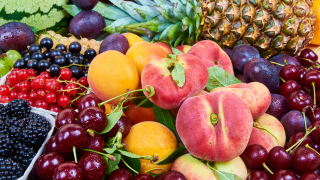
The evening celebrations often include storytelling, music, and dance, highlighting African heritage and traditions. Many families also celebrate by exchanging handmade gifts, focusing on the significance of thought and creativity rather than monetary value.
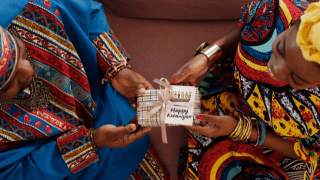
Modern Adaptations
While Kwanzaa continues to honor traditional practices, many families and communities have adapted the celebration to fit contemporary lifestyles. For instance, using technology for virtual gatherings has become increasingly common, allowing family members from different locations to participate in the celebration together.
Social media has also played a pivotal role for many, showcasing innovative ways to celebrate Kwanzaa with online discussions, challenges, and shareable content. Families may also incorporate modern elements such as writings and music from contemporary artists or films that celebrate Black culture.
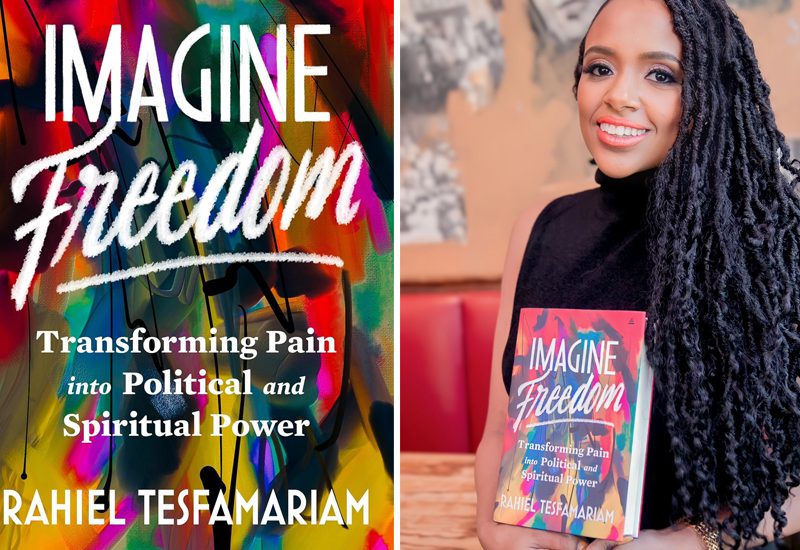
Kwanzaa in the Community
In many urban areas, community centers and organizations host public Kwanzaa events, allowing individuals to participate even if they do not have a family tradition. These events often feature performances, workshops, and vendors that celebrate local artisans, fostering a strong sense of community.
Reflection and Future
Kwanzaa is not merely a holiday but a heartfelt reminder of the resilience, creativity, and unity of the African American community. As we celebrate the Seven Principles, families foster a greater understanding of their history and the importance of passing cultural traditions to future generations.
Modern adaptations ensure Kwanzaa remains relevant and accessible, allowing even those unfamiliar with African traditions to participate in the celebration. As we light the candles, enjoy the feasts, and engage in shared activities, we not only connect with our heritage but also with one another in a meaningful way.
As Kwanzaa approaches this year, let us honor its traditions and embrace the spirit of unity, creativity, and purpose it embodies. Happy Kwanzaa!
As an independent magazine with a small team, we rely on the support of our readers to keep JARO’s content free and accessible to everyone. Please support our ability to continue delivering the best of the African Diaspora with a donation as little as $1. Thank you!


